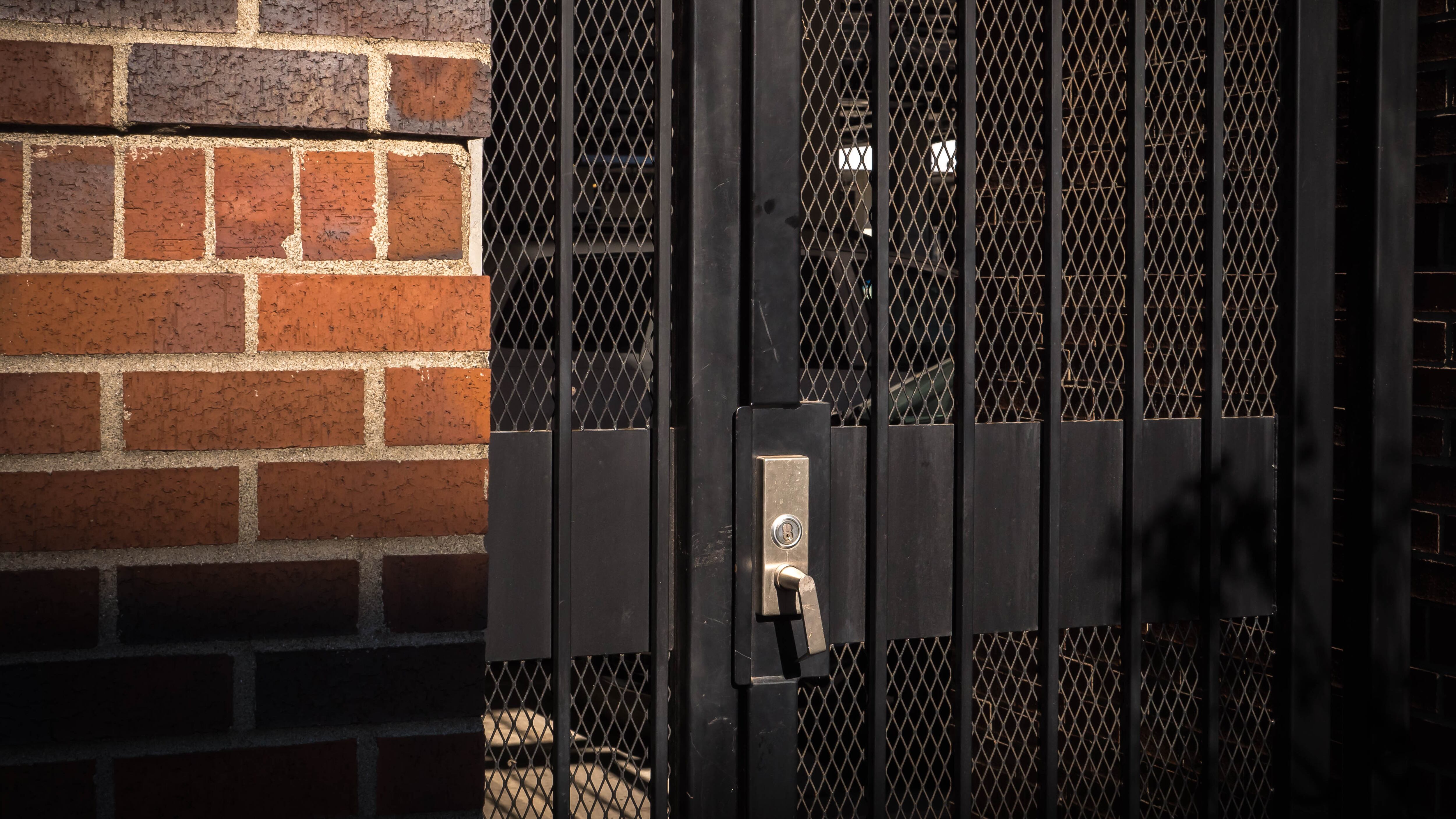In Multnomah County, 4,821 tenants have applied for rent assistance from the state—and have been kept waiting so long they could have lost protections from eviction, according to state data as of Nov. 2.
That window of “safe harbor” currently lasts 90 days from the time they apply for relief checks. Statewide, upward of 13,000 households may be outside their safe harbor, which for most of the state is 60 days.
The Multnomah County Board of Commissioners has added an extra 30 days to the state’s protections for its renters.
But even as the state’s housing agency has failed to fix its sluggish pace of getting the money out the door, it’s not clear that the Oregon Legislature will step in to prevent evictions (“What Landlords Want,” WW, Nov. 3, 2021). For more than three weeks, the Legislature has been weighing and delaying a possible special session to do just that.
So we asked the candidates for Multnomah County chair as well as the one commissioner running for reelection: Should the county extend the safe harbor provisions for renters who have applied for rent assistance? And how long should those safe harbor provisions last?
Their answers have been edited for brevity.
Commissioner Sharon Meieran, candidate for county chair:
Yes, until February 2022—when tenants who owe back rent also lose their protection from eviction.
“Recognizing how convoluted the application process is, it is inconceivable that renters will be able to get through the application process, or that landlords will receive the rent they are due, unless we extend the grace period.
“At the state level we need a streamlined system that will provide enough resources to keep people from being evicted, enable landlords to be appropriately compensated, and plan for what will happen if these needs are not addressed.”
Shannon Singleton (Gov. Kate Brown’s director of equity and racial justice), candidate for county chair:
Yes, for an additional 60 days.
“The homelessness system is already overburdened, and it is much cheaper for us to provide this rent assistance than to pay for the cost of someone being homeless and needing emergency shelter and likely rent support to be rehoused in an apartment once they are evicted for nonpayment. The economic impacts of COVID have not subsided for everyone, and the continued public health emergency requires an extended emergency response to protect people.”
Commissioner Lori Stegmann, candidate for county chair:
No.
“The distribution of this funding has been a disaster from day one and the backlog has been devastating. I have talked with county staff who are doing their very best to help people.
“If someone can show me that extending the deadline will help expedite the current backlog of applications, I would be more enthusiastic about an extension. Giving more time to a failed system is never the solution. However, I do think we need to protect everyone who is currently in the system so that they receive priority funding.
“We have people who have been in this system for months and we need to get results for them.”
Commissioner Jessica Vega Pederson, candidate for county chair:
Not yet.
“I have been monitoring this situation closely and strongly believe we need a statewide solution. But if the state doesn’t get the job done, we will not leave any Multnomah County resident in the lurch. I will act to make sure our renters are protected.”
Commissioner Susheela Jayapal, running for reelection:
Yes, until they get their rent check.
“I believe that Multnomah County should extend its safe harbor provision, and have been advocating for that for several months. Our staff and community partners have done everything they can to shore up this burdensome system and to fill gaps.
“And despite all those efforts, it appears that people are being evicted. And even if they are not ultimately evicted, they are enduring the trauma of not knowing whether or not they will receive their assistance in time. It is a travesty, and it’s particularly alarming for this to happen at a time when houselessness is already a crisis.”

